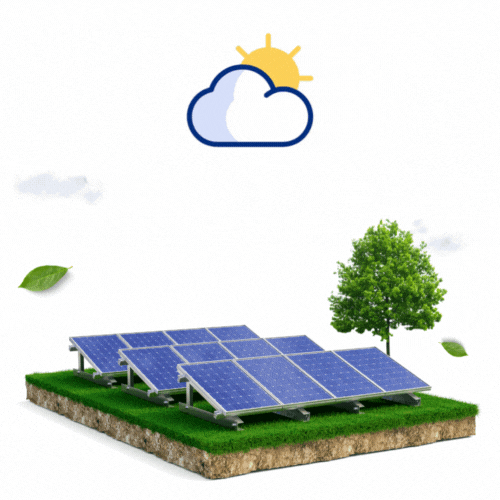Techclustron 3/197/A12 Velan Nagar, Gudimangalam, Near SBI bank, Tiruppur 33DNSPS3517L1ZD
On-Grid vs Off-Grid Solar Systems: Which One is Right for You?
When it comes to installing solar power, one of the first decisions you’ll need to make is: Should I go on-grid or off-grid?
Both systems harness the power of the sun, but they work in different ways and suit different needs.
In this blog, we’ll break down the differences to help you decide which system is the right fit for your home, farm, or business.
What is an On-Grid Solar System?
An on-grid system is connected to your local electricity board (EB). The solar panels generate power for your home, and any excess energy is sent back to the grid, often earning you credits through net metering.
Ideal for:
Homes and businesses in cities or towns with reliable electricity.
Key Benefits:
Low initial cost (no battery required)
Reduces monthly electricity bills
Earn credit for excess power generated
Easy to maintain
What is an Off-Grid Solar System?
An off-grid system works completely independent of the EB. It uses batteries to store solar power, so you have electricity even during power cuts or in remote areas without a power connection.
Ideal for:
Rural homes, farms, and areas with frequent or long power outages.
Key Benefits:
100% power independence
Works in remote, non-electrified locations
No electricity bills
Backup during power cuts
What About Hybrid Solar Systems?
Can’t decide between both? A hybrid system combines the best of on-grid and off-grid. You get grid access and a battery backup, ensuring continuous power at all times.
How Tech Clustron Helps You Decide
At Tech Clustron, we start with a free site inspection and energy usage assessment. Based on your location, budget, and daily power needs, we recommend the best solution—whether it’s on-grid, off-grid, or hybrid.

